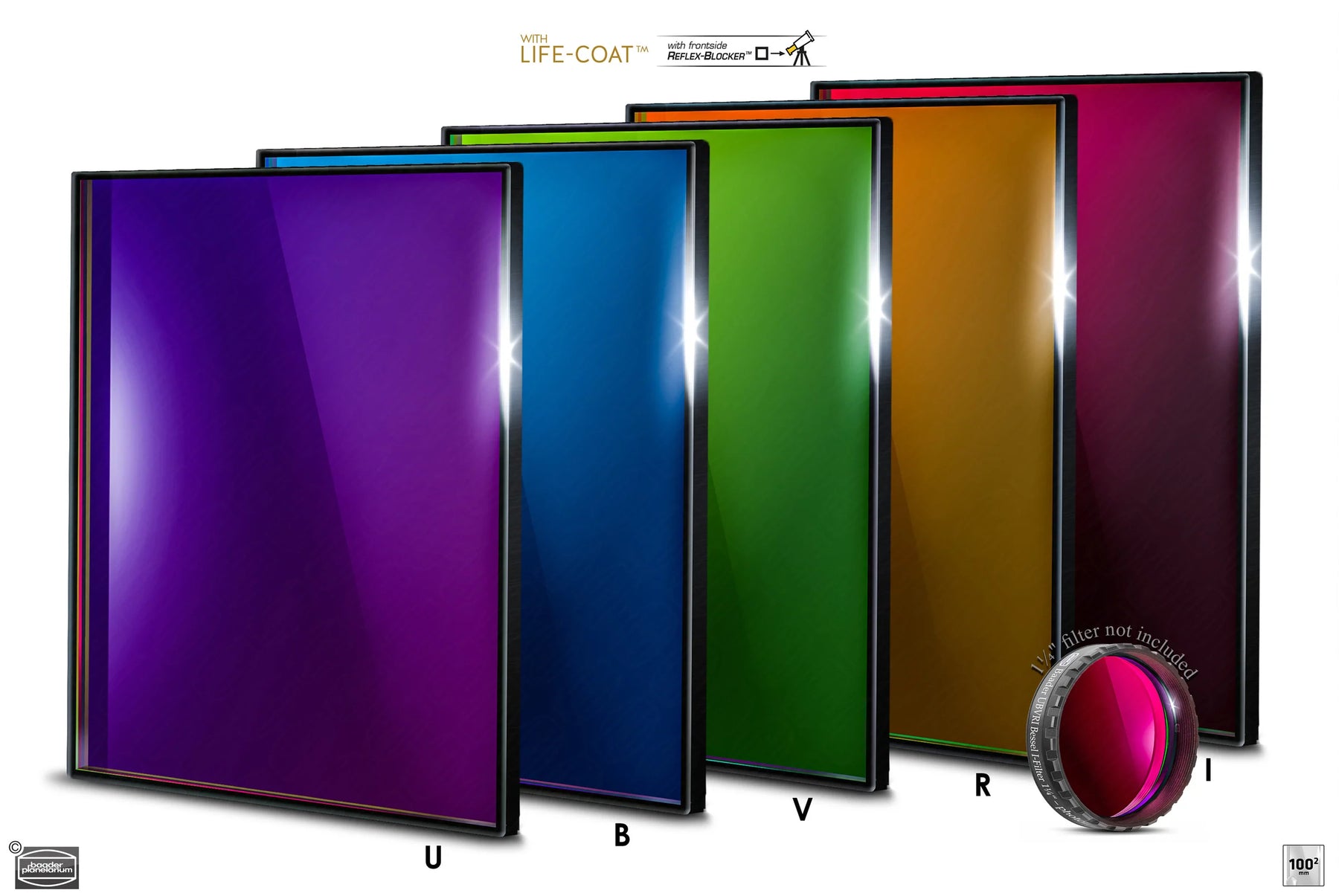
DART Project Results Confirm Trajectory Deviation
The Double Asteroid Redirection Test (DART) project, a ground-breaking initiative led by NASA, has recently yielded astounding results. These findings have confirmed a deviation in the trajectory of an asteroid.
The DART project, a joint venture between NASA and the Johns Hopkins Applied Physics Laboratory (APL), aims to demonstrate the effectiveness of a kinetic impactor in deflecting an asteroid's trajectory. In November 2022, DART's primary mission involved intercepting the binary asteroid system Didymos. The smaller moonlet, Dimorphos, was the target for DART's kinetic impactor.
As DART approached Dimorphos, scientists closely monitored the asteroid's trajectory using ground-based observations and measurements, acquired using the Magdalena Ridge Observatory (MRO) 2.4 meter telescope fitted with the 100m Square Baader Bessel R and V filters. The filters were supplied by ourselves, Alpine Astronomical.
These measurements served as a baseline for comparison with the mission's outcomes. Following the impact, ground-based observations provided a unique opportunity to assess the trajectory deviation caused by the DART spacecraft's kinetic impactor.

The DART project's most significant achievement was the confirmation of the trajectory deviation caused by the kinetic impact. The investigation, using various methods to assess the results combining data from ground-based telescopes, Hubble Telescope and radar, have confirmed the DART's impact altered Dimorphos’ orbit around Didymos by 32 minutes, shortening the 11 hour and 55-minute orbit to 11 hours and 23 minutes, with a margin of uncertainty of approximately plus or minus 2 minutes.

Baader Planetarium Bessel R (above) and Bessel V were used in the observation
The Baader UBVRI-V Bandpass filters are from f/15 to f/1.8 suitable for professional research grade observations. Filter size ranges from 1.25" round up to 100x100mm and support classic photometry with transmission according to Bessel. All filters are parfocal with filters of the same size. Other features include advanced ion beam coating technology, Reflex-Blocker™ hard coated and planeoptically polished – with sealed coating edges (Life-Coat™). The full range of filters can be found at https://alpineastro.com/products/baader-ubvri-bessel-filter-photometric If you're interested in these filters for your project, professional or amateur alike, please get in touch https://alpineastro.com/pages/contact-us and we will be happy to help.


Leave a comment